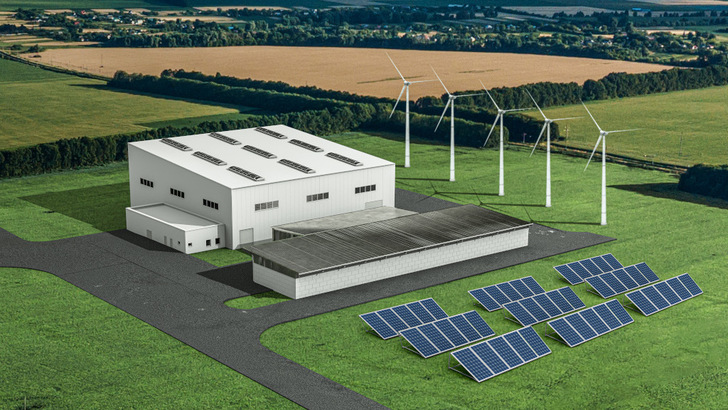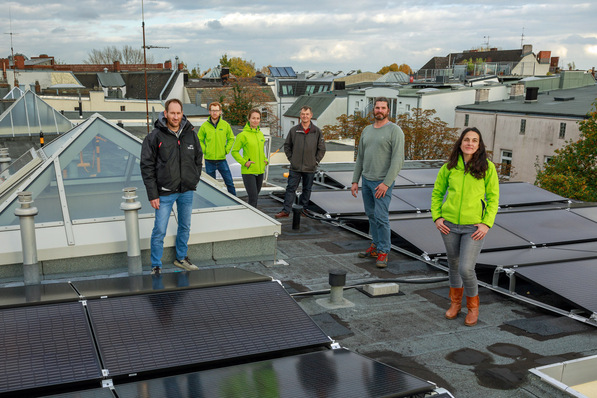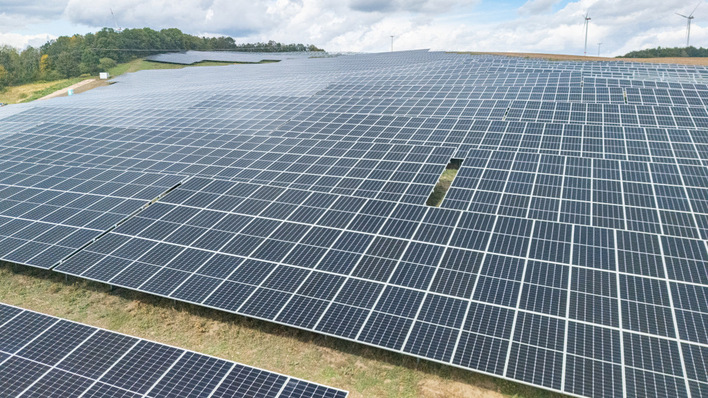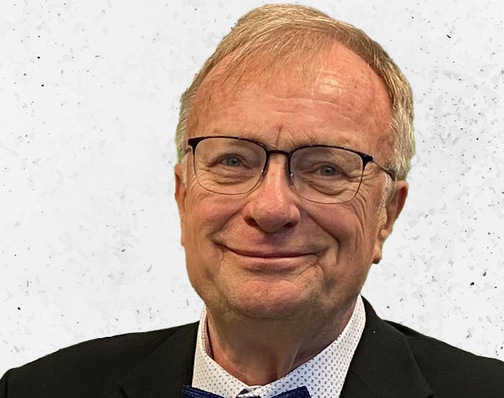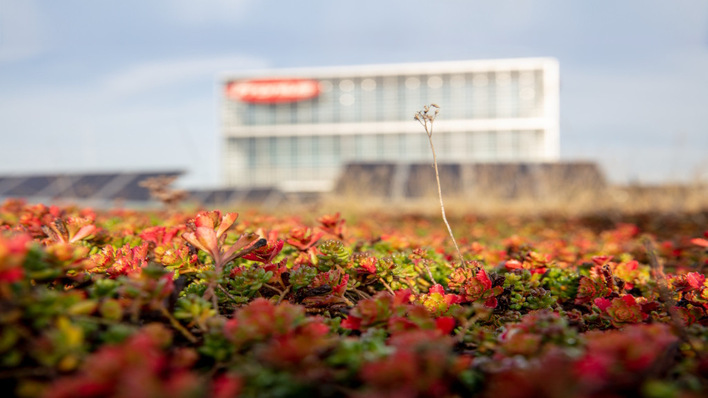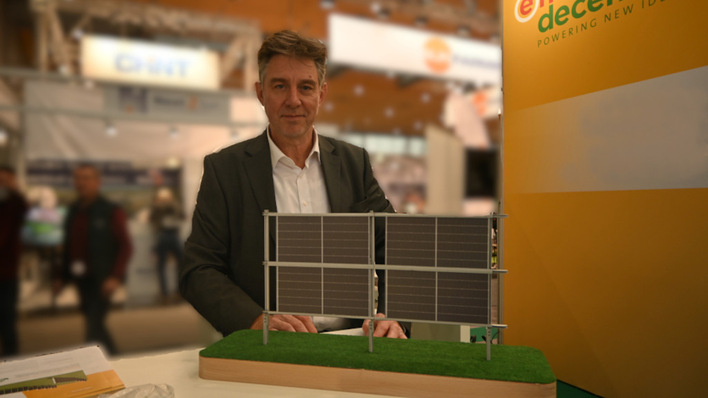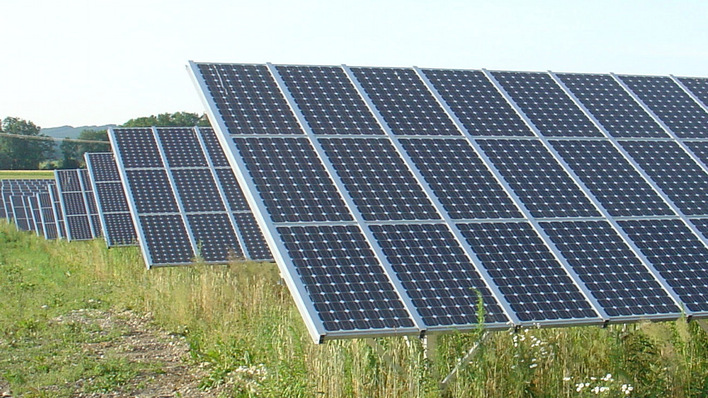The chemical company BASF will build a plant at its site in Schwarzheide in the region of Lusatia, Germany, to recover black mass from batteries on an industrial scale. Black mass is what is produced after shredding and special treatment of lithium-ion batteries. It contains all the elements such as lithium, manganese, cobalt, nickel and all the other rare components.
Recovering individual elements
This black mass is further processed hydometallurgically in the new plant in Schwarzheide. This means that it is melted down and, depending on the melting temperature, the individual components are filtered out. With the new plant, BASF wants to strengthen the Schwarzheide site with expertise in the production and recycling of battery materials. This is because the recovered materials can be used again in the production of new batteries.
Reducing the carbon footprint of electric vehicles
The new plant is expected to be ready by 2025. "By investing in a black mass battery recycling plant on an industrial scale, we are taking the next step in establishing the entire battery recycling value chain at BASF," explains Peter Schuhmacher, head of BASF's Catalysts division. "This will allow us to optimise the entire recycling process and reduce the carbon footprint. The closed loop from spent batteries to cathode materials for new batteries supports our customers along the entire battery value chain, reduces dependence on mined raw materials and enables a circular economy."
Also interesting: Floating photovoltaics gaining traction
After all, battery recycling is an important lever for reducing the carbon footprint of electric vehicles. With the plant, BASF is building for the expected political regulations that are geared towards a circular economy, not only in the battery sector. These will also target efficient recycling of lithium-ion batteries with targets for material recovery and the recycled content of nickel, cobalt and lithium in new storage units, BASF expects. (su/mfo)


